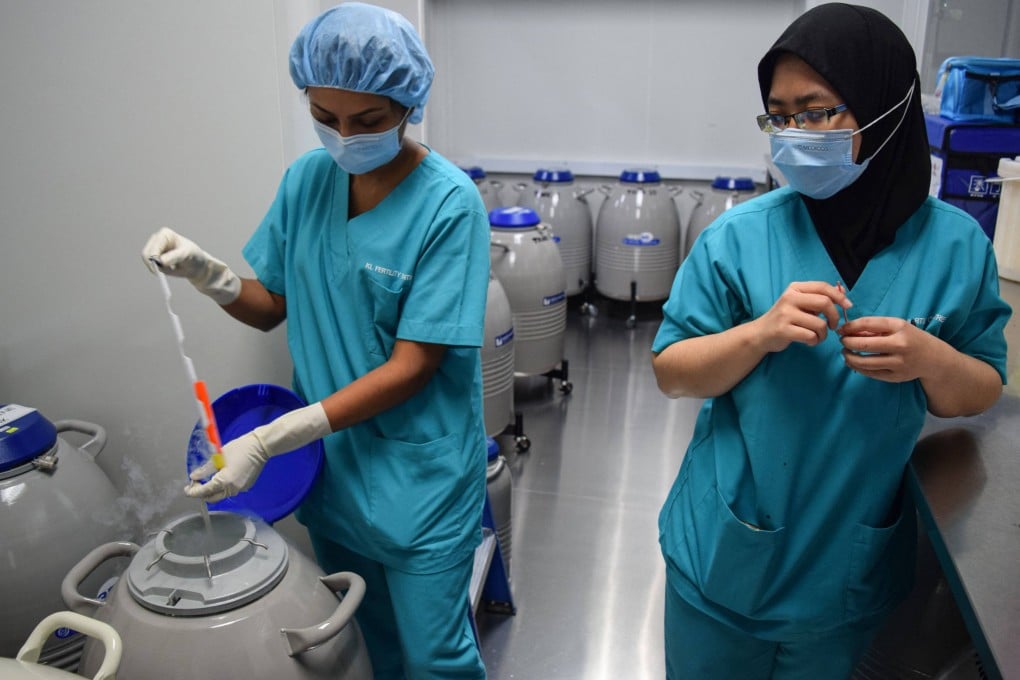Social egg freezing: Singapore follows South Korea, Thailand, Malaysia in allowing procedure as birth rate stagnates
- From next year, the city state will start allowing single women aged 21 to 35 to freeze their eggs – as other countries in Asia have been doing for years now
- But high prices for the procedure, and strict rules on who can have their frozen eggs fertilised, mean the change is unlikely to reverse falling fertility rates

But until recently, it was lagging behind its neighbours in one glaring aspect: allowing healthy, single women to freeze their eggs.
The island nation has for years sought to boost its dismal birth rate, which at 1.12 babies per woman last year ranked among the lowest in the world. The global average is 2.3. Authorities have used various policy levers to encourage couples to have children, including offering “Baby Bonus” cash incentives.

But the government had until now only allowed women with medical conditions – such as those who need to undergo chemotherapy – freeze their eggs.
From next year, however, under a broad review of women’s development – that includes provisions for more equal opportunities in the workplace and greater recognition of carers – Singapore’s government has said it will allow single women aged 21 to 35 to freeze their eggs.